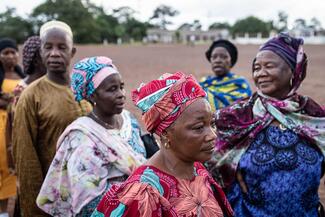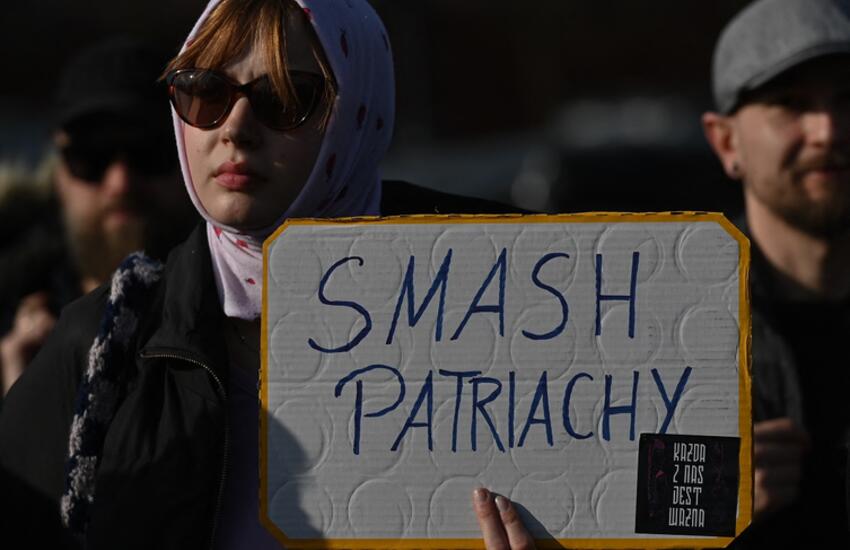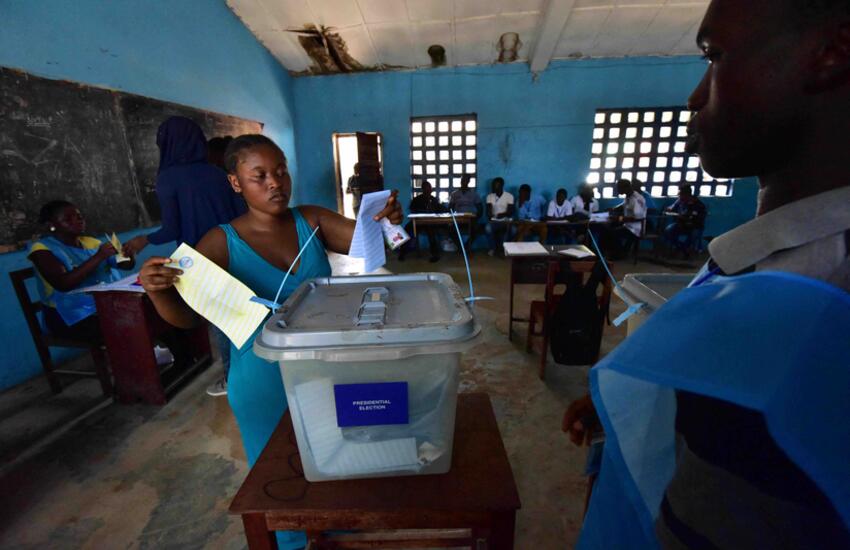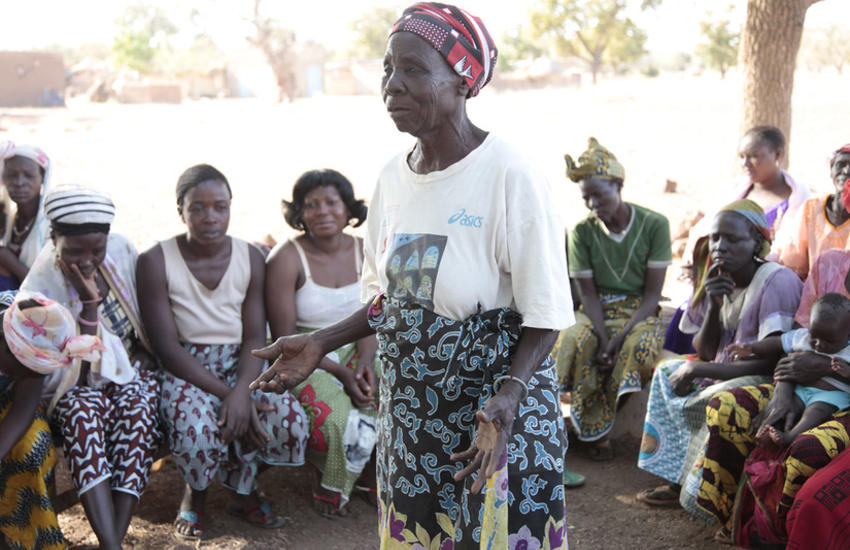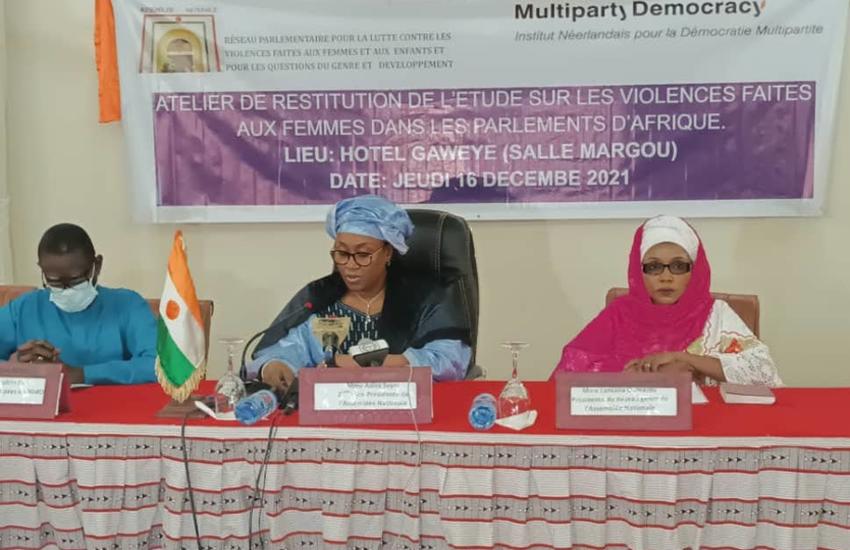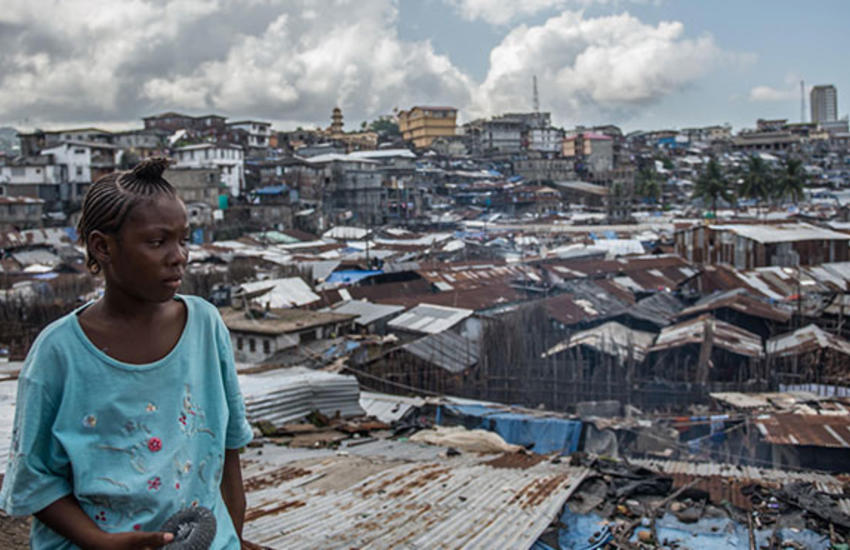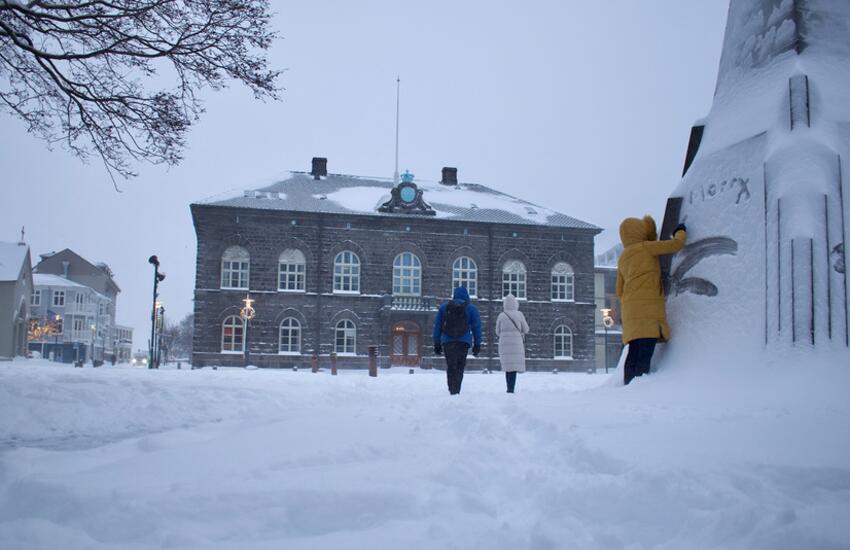Following recent elections, women lawmakers now account for 30.4% of the elected seats in the Sierra Leone Parliament, up from 14.5% in the previous election.
The surge in women MPs is largely thanks to the Gender Equality and Women's Empowerment Act, signed into law by President Julius Maada Bio a few months ago, which sets a 30% quota of women in parliament, the cabinet and other institutions.
Women candidates won 41 out of 135 seats up for election. However, only one woman was indirectly elected to the extra 14 seats in the parliament which are reserved for local leaders known as Paramount Chiefs who represent the 14 provincial districts.
Overall, the proportion of women who are MPs now stands at 28.2% out of a total of 149 seats, well above the average for West Africa which stands at 18.4% according to the IPU’s regional averages.
The IPU and the Parliament of Sierra Leone have been collaborating since 2014 on gender equality, notably on eliminating violence against women and eradicating female genital mutilation.
This year, the partnership has been strengthened with a new project, Gender Equality in Politics, funded by Global Affairs Canada. The project promotes the political participation of women and gender mainstreaming in the Sierra Leone Parliament.
Thanks to the project, the IPU organized a series of workshops to promote the new law and rally key stakeholders such as MPs, parliamentary staff, the electoral commission, civil society, and, especially, political parties, seen as critical gatekeepers to more women in politics.
Parliamentarians, both women and men and including the women’s caucus of MPs, successfully advocated within their political parties for more women to be included on the electoral lists.
The workshops came up with recommendations to support women candidates ahead of the elections including, for example, giving more financial support to women candidates and providing them with security protection.
Thanks to the project, the IPU also helped parliaments, and those who work in them, on how to integrate international commitments on gender equality into national parliamentary work and how to make parliaments more gender-sensitive.
The IPU has been advocating for gender quotas for decades based on evidence that, when well-designed and implemented, they are a decisive factor in increasing women’s representation.
The IPU’s yearly analysis of women in politics confirmed this. In the 2022 elections, chambers with legislated quotas or combined with voluntary party quotas produced a significantly higher share of women than those without such quotas (30.9% versus 21.2%).
Sierra Leone is no exception to the rule.





